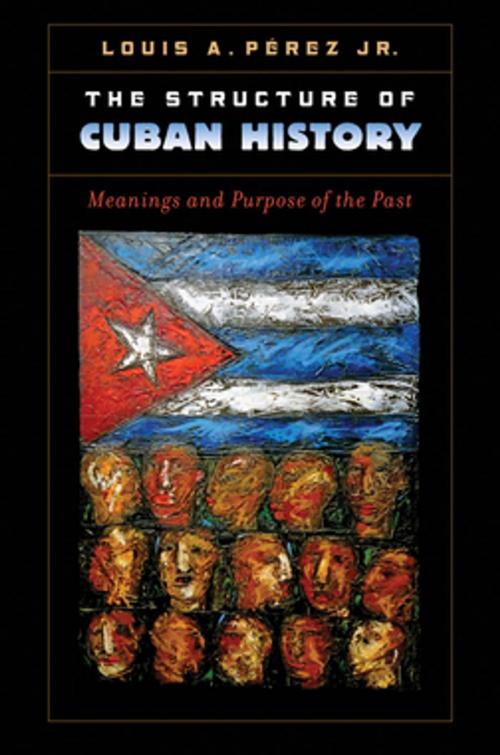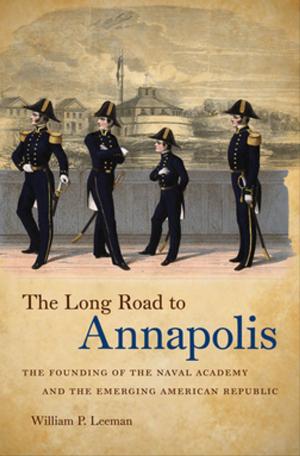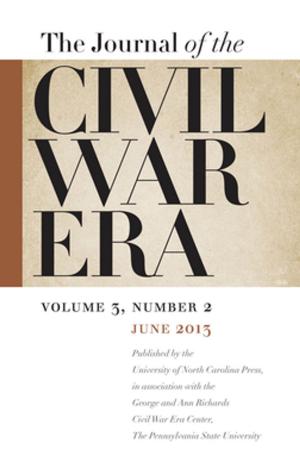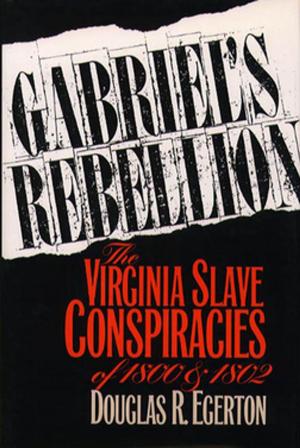The Structure of Cuban History
Meanings and Purpose of the Past
Fiction & Literature, Literary Theory & Criticism, Caribbean & West Indian, Nonfiction, History, Americas, Caribbean & West Indies| Author: | Louis A. Pérez | ISBN: | 9781469608860 |
| Publisher: | The University of North Carolina Press | Publication: | September 16, 2013 |
| Imprint: | The University of North Carolina Press | Language: | English |
| Author: | Louis A. Pérez |
| ISBN: | 9781469608860 |
| Publisher: | The University of North Carolina Press |
| Publication: | September 16, 2013 |
| Imprint: | The University of North Carolina Press |
| Language: | English |
In this expansive and contemplative history of Cuba, Louis A. Perez Jr. argues that the country's memory of the past served to transform its unfinished nineteenth-century liberation project into a twentieth-century revolutionary metaphysics. The ideal of national sovereignty that was anticipated as the outcome of Spain's defeat in 1898 was heavily compromised by the U.S. military intervention that immediately followed. To many Cubans it seemed almost as if the new nation had been overtaken by another country's history.
Memory of thwarted independence and aggrievement--of the promise of sovereignty ever receding into the future--contributed to the development in the early republic of a political culture shaped by aspirations to fulfill the nineteenth-century promise of liberation, and it was central to the claim of the revolution of 1959 as the triumph of history. In this capstone book, Perez discerns in the Cuban past the promise that decisively shaped the character of Cuban nationality.
In this expansive and contemplative history of Cuba, Louis A. Perez Jr. argues that the country's memory of the past served to transform its unfinished nineteenth-century liberation project into a twentieth-century revolutionary metaphysics. The ideal of national sovereignty that was anticipated as the outcome of Spain's defeat in 1898 was heavily compromised by the U.S. military intervention that immediately followed. To many Cubans it seemed almost as if the new nation had been overtaken by another country's history.
Memory of thwarted independence and aggrievement--of the promise of sovereignty ever receding into the future--contributed to the development in the early republic of a political culture shaped by aspirations to fulfill the nineteenth-century promise of liberation, and it was central to the claim of the revolution of 1959 as the triumph of history. In this capstone book, Perez discerns in the Cuban past the promise that decisively shaped the character of Cuban nationality.















